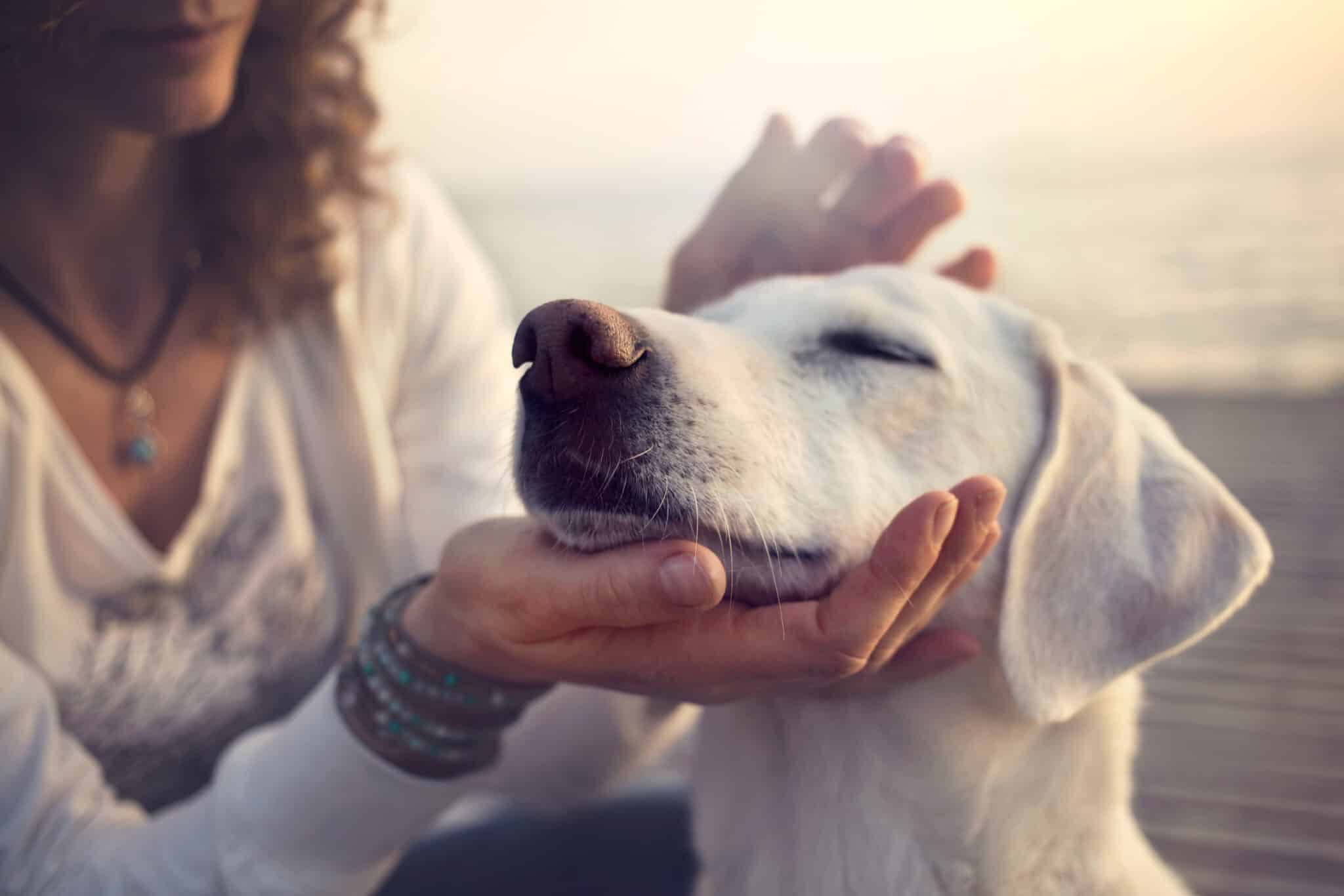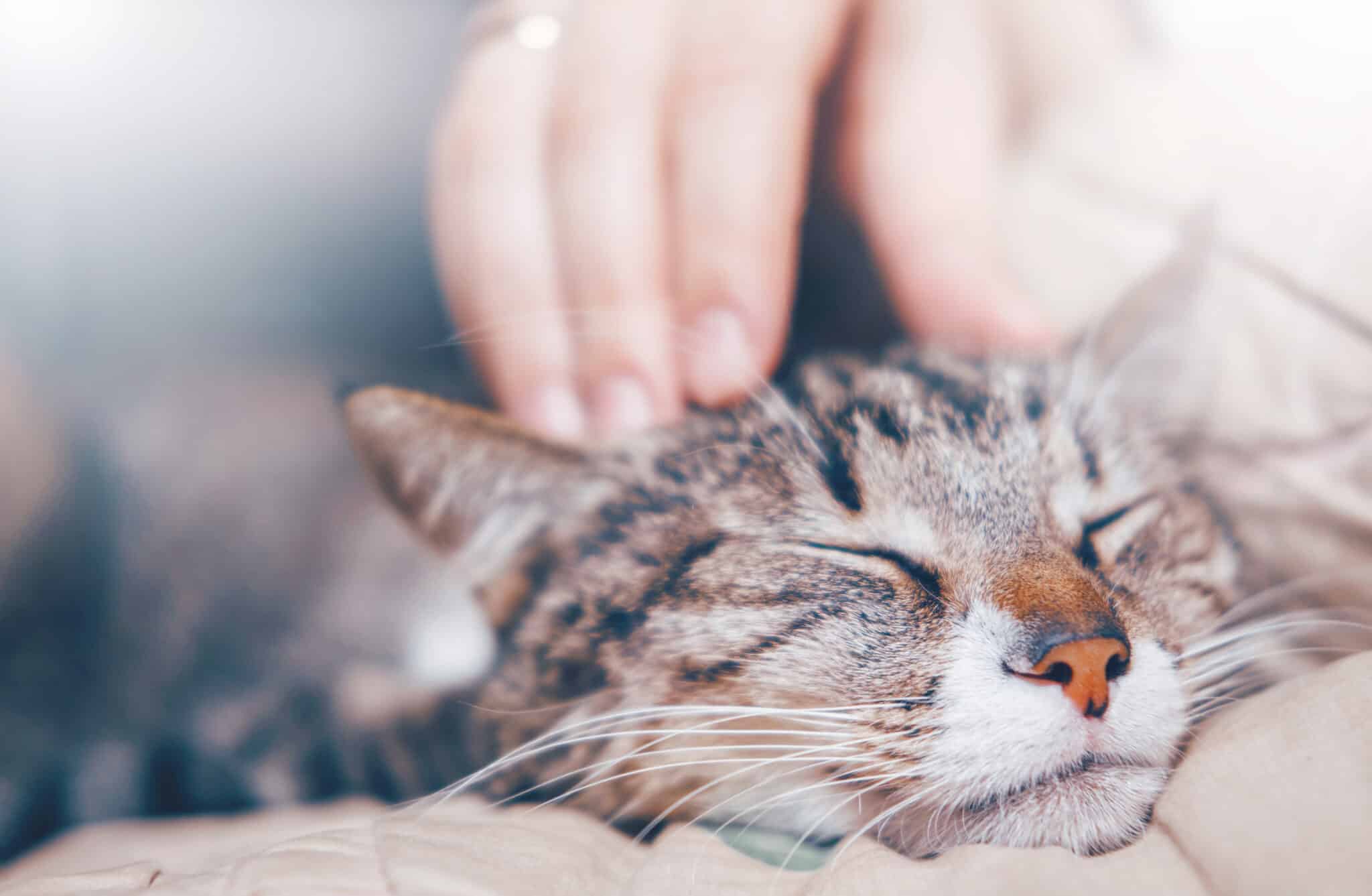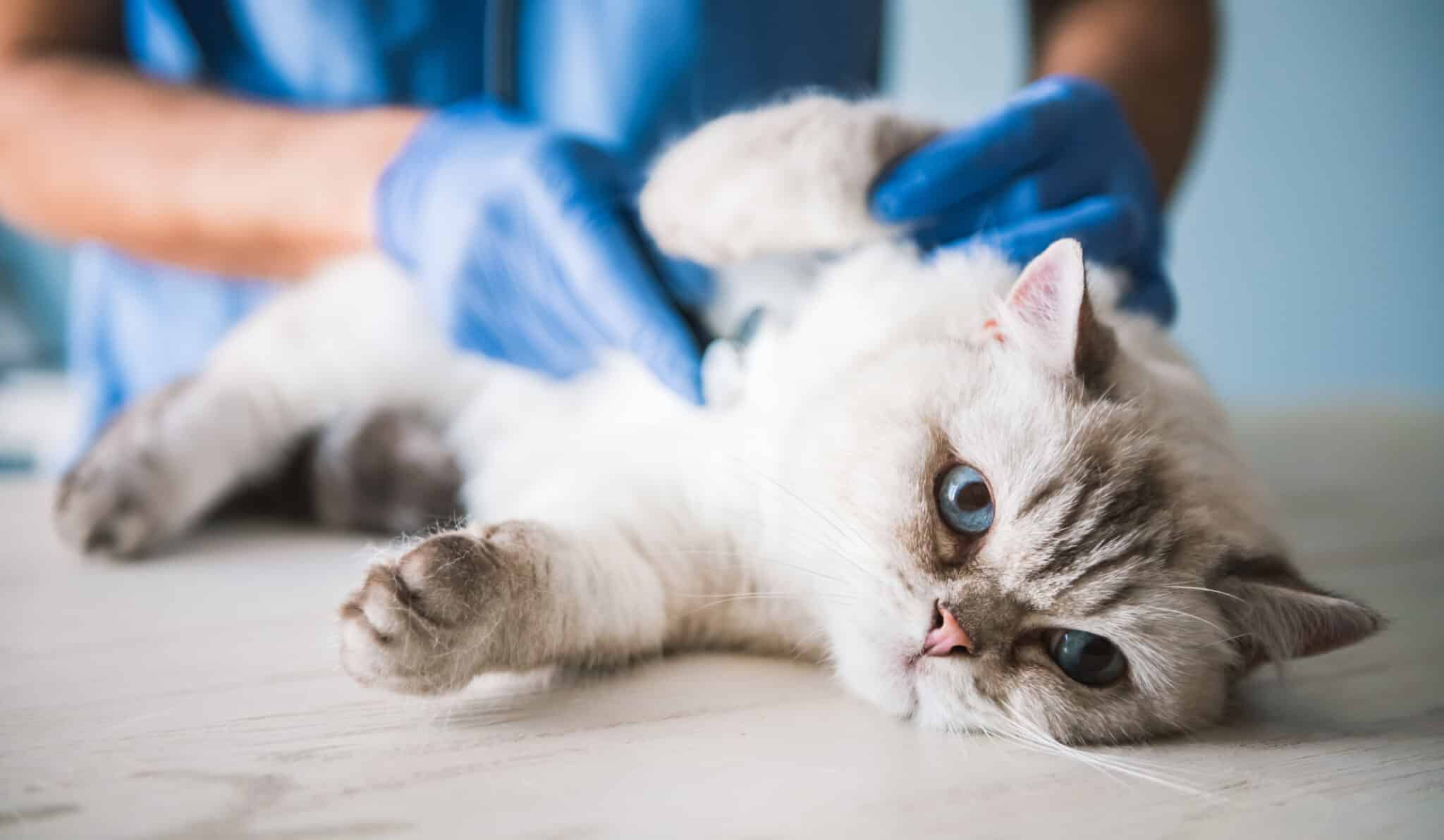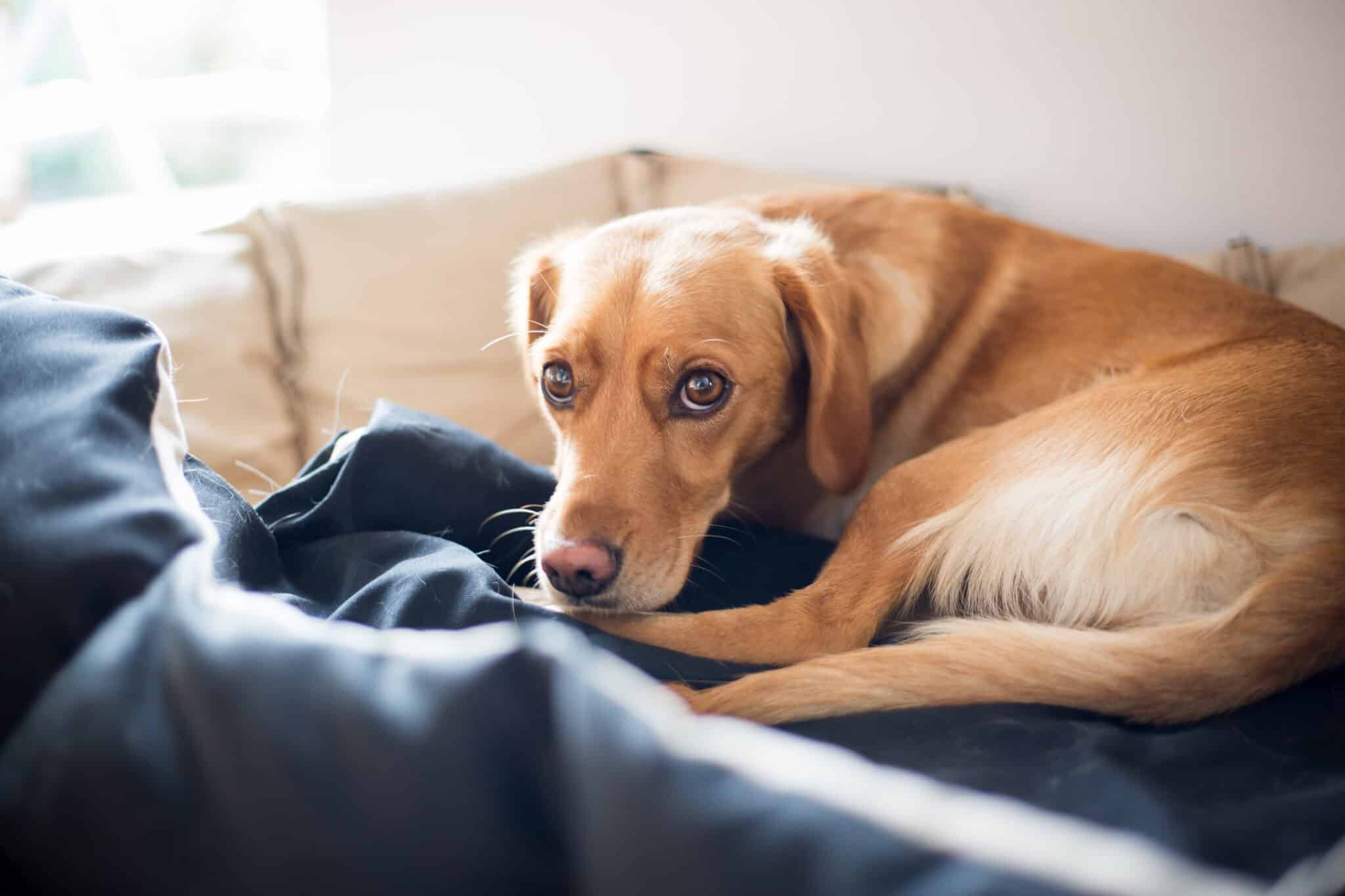What Does Pet Insurance Cover?
If your pet falls ill or gets into an accident, pet insurance can help cover the cost of unexpected vet bills. Coverage may include anything from ingesting a dangerous substance to breed-specific health problems like cancer. However, your coverage will depend on the type of policy you choose.
Generally, there are three types of pet insurance: accident and illness, accident-only and wellness plans. Specifics vary by policy and company, but nearly all providers offer these types of coverage. As with all forms of insurance, the more coverage you have, the higher your monthly premiums will be.

Accident-Only Coverage
This plan, which covers pet-related accidents, is typically a more affordable option for pet insurance. An accident-only policy covers veterinary care for the following incidents plus necessary medications, scans (like X-rays or MRIs) and procedures.
- Broken bones
- Burns
- Choking
- Cuts
- Eye injuries
- Gastric bloat
- Ingestion of foreign objects or toxic substances
- Insect or snake bite
- Lacerations
- Sprains
Accident and Illness Coverage
An accident and illness plan is the most common type of pet insurance that offers more comprehensive coverage than an accident-only plan. As the name implies, it covers your pet for treatments related to unexpected accidents and illnesses sustained while your policy is in force and after your waiting period has expired.
These policies cover everything in an accident-only plan, plus illnesses and chronic conditions. Coverage can include reimbursement for the following conditions and treatments:
- Allergies
- Arthritis
- Asthma
- Breed-specific conditions
- Cancer
- Diabetes
- Diarrhea and vomiting
- Ear infections
- Heart disease
- Hereditary conditions
- Lab tests and diagnostics
- Hospitalization
- Surgery
- Specialist care
- Alternative therapies
- Prescription medications
Wellness Plan Coverage
Wellness or preventative care plans offer coverage for your pet’s routine care, such as annual vet visits and vaccinations. Coverage is typically available as an add-on to your base pet insurance policy.
Most wellness care coverage applies to exam fees and preventive medication, but not diagnostic tests or treatments for illnesses. Some pet insurance companies include neutering and spaying in their wellness coverage while others offer the procedure as a separate add-on.
- Flea and tick control
- Heartworm prevention
- Routine checkups
- Teeth cleaning
- Vaccinations
Companies like Lemonade and Figo offer wellness coverage for a flat rate each month, while other companies, including Embrace and ASPCA Pet Health Insurance, offer wellness coverage add-ons at different price points.
This optional coverage can be especially valuable for younger pets, as puppies and kittens usually require more preventive health care due to vaccinations and initial checkups. According to our 2022 pet survey, about 52% of respondents took their pets to the vet for routine checkups every six months.
Add-On Coverage
An add-on is any coverage you add to your standard pet insurance plan for a monthly fee. Here are common optional coverage packages:
- Wellness care
- Spaying and neutering
- Behavioral treatment
- Boarding
- Cremation or burial
- Dental illness
- Liability coverage (if your pet causes property damage)
- Physical therapy
What Does Pet Insurance Not Cover?
Below are the most common conditions and procedures pet insurance does not cover.
Pre-Existing Conditions
Pet insurance policies do not cover pre-existing conditions, diagnoses, symptoms or treatments that began before your policy started. For instance, if your dog shows signs of allergies before the policy begins, your insurance provider will consider the condition pre-existing and won’t cover related treatments or medications. However, some pet insurance providers may cover curable pre-existing conditions if your pet does not show symptoms for a year.
To avoid missing out on coverage because of a pre-existing condition, veterinary experts advise enrolling your pet in an insurance policy as early as possible, preferably when your pet is still a puppy or kitten. Our 2022 pet insurance survey showed that 77% of pet owners insured their pets before they turned two years old, resulting in fewer denied claims for pre-existing conditions.
Bilateral Conditions
Bilateral conditions are medical issues that can affect both sides of your pet’s body, which insurance considers pre-existing if symptoms have already developed on one side. For example, suppose your German shepherd develops hip dysplasia in its right hip before your policy’s waiting period is over. In that case, your provider would not cover hip dysplasia in the left hip, even if there are no signs when enrolling.
Congenital or Developmental Conditions
Congenital conditions are those that are present at birth. Developmental disorders may be hereditary or environmental and interfere with the animal’s growth and development. Sometimes these conditions are entirely excluded, but some providers will extend coverage if no signs or symptoms are present when your policy begins.
Death of a Pet
Pet health insurance is not the same as life insurance. Though some providers offer add-ons for end-of-life costs such as cremation, burial, containers or remembrance items, most do not cover these services.
Elective Procedures
If a procedure isn’t deemed medically necessary, your pet insurance will not cover it. This exclusion usually applies to spaying and neutering as well as cosmetic procedures. Other common exclusions include:
- Anal gland expression or removal
- Cosmetic procedures
- Declawing
- Dewclaw removal
- Ear cropping
- Gastropexy (bloat prevention)
- Microchipping
- Nail trimming
- Spaying and neutering
- Tail docking
Experimental Treatments
Pet insurance will not cover procedures and treatments not approved by your state’s veterinary board.
Non-Veterinary Services
Vet bills often include non-medical services, particularly if your pet needs to stay overnight. Many of these costs are not covered under standard pet insurance plans, including the following items:
- Bank or credit card fees
- Boarding
- Copying or sending medical records
- Food and nutritional supplements
- Grooming
- Taxes
- Transportation
- Vet visit or exam fees
- Waste disposal
Pregnancy or Birth
Costs related to breeding or pregnancy are rarely covered, nor are conditions or problems resulting from pregnancy or birth.
Preventable Diseases
Your insurance provider will not cover disease-related treatments if you don’t vaccinate your pet for well-known and preventable diseases such as parvovirus, distemper, canine influenza, kennel cough and giardia.
Theft of a Pet
Pet insurance does not cover expenses if your pet is stolen or runs away, including rewards or the cost of putting up flyers. However, some providers offer add-on coverage for these costs.
Other Potential Exclusions
The above exclusions apply to most pet insurance policies. Some companies offer coverage for the following unique services, but it may be more expensive.
- Acupuncture
- Behavioral conditions and treatment
- Chiropractic care
- Joint problems (such as hip dysplasia and cruciate ligament)
- Wellness exams in a standard plan rather than as an add-on
Age Exclusions
Because most pets need more veterinary care at the beginning and end of their lives, many insurance companies have coverage age limits. Few policies cover pets younger than 8 weeks or older than 14 years. Some companies may extend existing coverage over time if you started the policy when your pet was young, but your premiums may become more expensive as your pet ages.
How Does Pet Insurance Work?
Pet insurance doesn’t work like human health insurance. Rather than paying a copay at checkout as you would with your doctor, you pay for the entire vet bill upfront, file a claim with your provider and receive a reimbursement for the costs after meeting your deductible.
Reimbursement System
Most providers allow you to choose an annual deductible and reimbursement rate. Pet insurance deductibles can range from $100 and $1,000, while reimbursement rate options include 70%, 80% or 90%. You will pay up to your deductible, then receive reimbursement for the rest of your vet bills based on the rate you select.
Say you have a $500 vet bill with an 80% reimbursement rate and a $200 deductible. After meeting your deductible, you would have $300 in vet bills remaining. With an 80% reimbursement rate, you would receive $240 back from your provider.
Vet direct pay is a reimbursement model offered by some insurance providers that allows policyholders to have eligible veterinary expenses paid directly to the veterinarian, eliminating the need to pay out-of-pocket and submit a claim for reimbursement later. However, not all vets accept direct payments from providers, so be sure to check with your vet before purchasing this type of policy for your pet.
Annual Limits
Most pet insurance providers offer annual coverage limits or the maximum amount the company will reimburse you. Your provider will not cover further treatment for that policy year once you’ve met or exceeded your limit. However, some providers enforce lifetime limits on individual health problems or conditions.
Annual limit amounts vary by provider but can range from $5,000 to $100,000. Some providers offer unlimited coverage, which typically comes with higher premiums.
Waiting Periods
Pet insurance plans typically have a waiting period before your coverage begins. Waiting periods are in place to prevent pet owners from purchasing a policy to cover a pre-existing condition or issue that occurred before enrollment.
Waiting periods start the day you purchase coverage and usually extend two to seven days for accidents and 10 to 14 days for illnesses. Some providers also extend waiting periods for chronic conditions — like six to 12 months for hip dysplasia and cruciate ligament problems.
Is Pet Insurance Worth It?
Despite the above exclusions, many pet owners find pet insurance worth it. The cost of veterinary care can be high, particularly for emergencies and serious illnesses. According to our research, emergency pet care can cost anywhere from $370 to $1,200.
Paying a monthly fee for pet insurance — typically $50 for dogs and $30 for cats — can save you money in the long run. You could save thousands of dollars on treatment if your pet suffers a severe injury or is diagnosed with a chronic condition. Plus, some pet insurance plans cover routine pet costs like annual vet visits.
That said, not all pet owners will benefit from pet insurance. The best time to buy insurance is when your pet is young and healthy. Below are some conditions under which a pet health policy may not be worth it.
- Your pet has already developed a severe illness or sustained an accident. Since your pet has a pre-existing condition, an insurance provider will not cover existing and future vet bills.
- Your pet is older, and monthly premiums would be prohibitively expensive.
- You’d prefer the risk of unexpected bills rather than potentially paying for an insurance policy you might not use
What Is The Best Level For Pet Insurance Coverage?
The best policy option for pet owners is a lifetime accident-and-illness plan. Although more expensive than an accident-only plan or a plan with per-condition benefits, a lifetime pet insurance plan will ensure all injuries or illnesses that may occur will be fully covered. However, you must ensure that there is no lapse in coverage over your pet’s life.
We recommend going with a provider that offers unlimited annual coverage on all accidents and injuries, such as Healthy Paws.
Compare National Pet Insurance Providers
The Bottom Line
Pet insurance can help you cover the cost of medical care for your cat or dog without breaking the bank. Most policies cover a range of pet-related expenses, such as illnesses and accidents, while others cover alternative therapies like acupuncture and chiropractic care. But it’s important to note that pet insurance doesn’t cover everything. Coverage will likely exclude pre-existing conditions, cosmetic procedures, and breed-specific conditions.
By understanding what is and is not covered, you can choose a pet insurance policy that suits your pet’s needs and your budget. With the right coverage, you can enjoy peace of mind knowing you will not have to make difficult financial decisions if your pet needs emergent care.
It’s a good idea to purchase pet insurance while your pet is still young and healthy to cover any future issues it experiences. We recommend getting at least three pet insurance quotes before choosing a provider.
Frequently Asked Questions About Pet Insurance Coverage
Pet insurance is specific to conditions and procedures rather than individual vets or facilities. If your pet is diagnosed and treated by a licensed veterinarian, you’ll receive coverage at any clinic, animal hospital or emergency care center.
A pet insurance deductible is the amount you must pay before your insurance company covers eligible expenses. After you pay your deductible, the insurance company will pay a certain reimbursement percentage (up to 90%) of eligible expenses. A deductible is typically an annual amount and affects your monthly premium. Selecting a higher deductible will result in lower monthly premiums and vice versa.
Most accident-only and accident and illness pet insurance plans do not include wellness care. However, many providers offer preventative care add-ons for an extra fee each month. Wellness plans include coverage for routine pet care, such as annual check-ups, vaccinations, parasite treatments and more. In some cases, companies will also cover spay and neuter procedures.


























